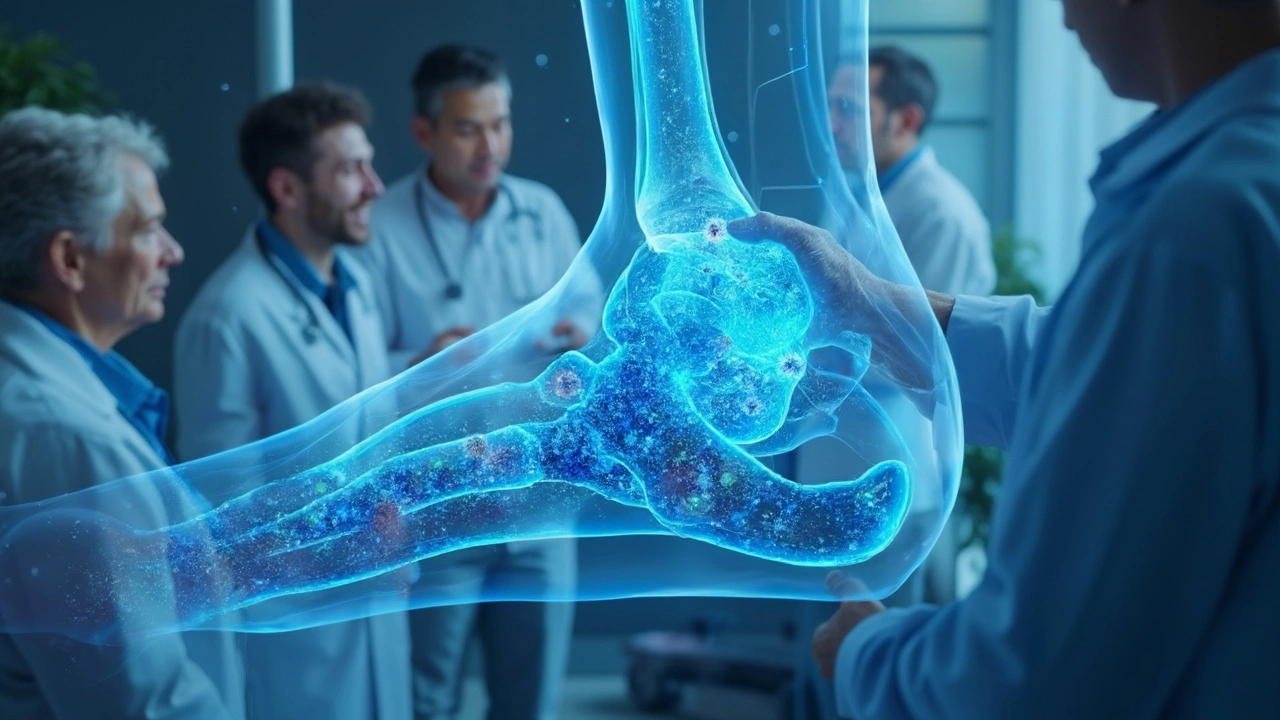Osteoporosis is a common condition where your bones become weak and fragile. This makes them more likely to break even with minor falls or bumps. It might sound alarming, but the good news is, there’s a lot you can do to protect your bones and reduce your risk.
First off, it helps to understand why osteoporosis happens. As you age, your body loses bone faster than it can build new bone. This leads to thinner bones that break more easily. Women after menopause are especially at risk because their bodies make less estrogen, a hormone that helps keep bones strong.
One of the easiest things you can do is make sure you get enough calcium and vitamin D. Calcium is the main building block of bones, and vitamin D helps your body absorb calcium better. Dairy products, leafy greens, and fortified foods are good calcium sources. Try to spend some time in the sun, or consider a vitamin D supplement if your levels are low.
Exercise plays a huge role too. Activities like walking, jogging, or even dancing apply stress to your bones in a good way, encouraging them to stay dense and strong. Balance and strength training exercises can help prevent falls, which reduce the chance of fractures if bones are already weak.
If osteoporosis is diagnosed, you’re not out of options. Medications like bisphosphonates are often prescribed to slow down bone loss and even help build bone in some cases. Your doctor might also consider hormone-related therapies depending on your health and risk factors. It’s important to follow your doctor’s advice on medication, nutrition, and lifestyle changes.
Regular bone density tests may sound tedious but they’re helpful. These tests track how well your bones are holding up and can catch worsening osteoporosis early. With this info, adjustments to your treatment plan ensure you keep your bones as healthy as possible.
Don’t ignore minor back pain or loss of height over time; these can be signs of vertebral fractures. Getting timely help can prevent further damage and improve your quality of life. Remember, small changes today can make a big difference in keeping you active and independent tomorrow.
Take control of your bone health now. Balanced diet, regular exercise, and medical check-ups are your best defense against osteoporosis-related fractures. Strong bones support a strong life!

Parathyroid hormone (PTH) is shaking up how we treat osteoporosis, especially for people who struggle with weak or fragile bones. This article breaks down exactly how PTH works in the body, how doctors use it to fight bone loss, and what makes it different from other osteoporosis treatments. You'll find out who benefits most, potential side effects, and everyday tips for keeping bones strong. Get the facts you really need if osteoporosis is on your radar.